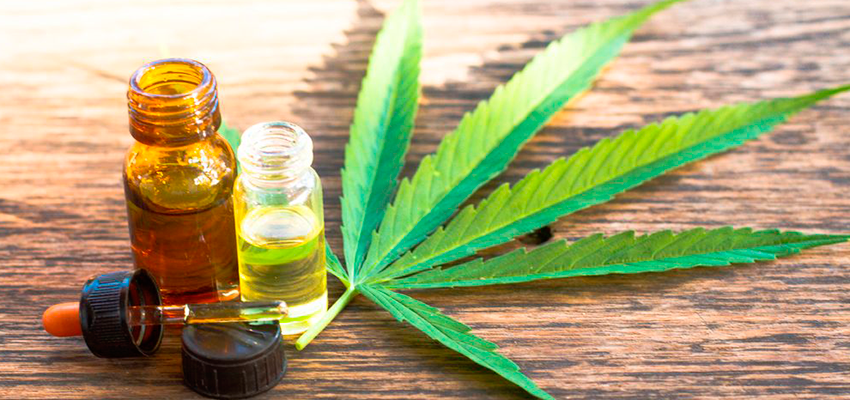DA: CBD oil illegal, merchants can expect raids
Published 12:54 am Tuesday, May 8, 2018
District Attorney Walt Merrell on Monday put those who sell or use CBD oil on notice: Sooner or later, raids will come.
CBD oil, also known as cannabidiol oil, is a derivative of the marijuana plant.
The district attorney said he began looking into the legality of CBD and the implications for merchants who sell it after Lt. Chris Inabinett of the Alabama Law Enforcement Agency raised the question.
“Lt. Inabinett advised that he had received some complaints about merchants selling CBD oil, and he approached me about how to respond,” Merrell said. “He and I are both concerned that these clerks are being put in a situation where they could be charged with distribution of a controlled substance. The store owners could be charged as well. In effect, they are simply selling low dose marijuana in liquid form.”
Merrell said that Carley’s Law and Leni’s Law, which were adopted by the Alabama Legislature and signed by then-Gov. Robert Bentley, specifically created an exception to the laws prohibiting the possession of marijuana for personal use. Leni’s Law, in particular, states that an individual with “a chronic or debilitating condition including one that produces seizures for which a person is under treatment” has a legal defense if they are arrested for possession of the CBD oil.
“However, the legislature did not create any exception to the laws prohibiting the sale of marijuana,” Merrell said. In fact, Leni’s Law specifically says, “It is the intent of the legislature to maintain existing criminal prohibitions of marijuana, except as expressly provided in existing law or as expressly provided in this section.”
Merrell noted that selling any form of marijuana, including liquid form, is among those “existing criminal prohibitions” that the legislature specifically left intact.
According to a press release issued by the DA’s office Monday, Barry Matson, executive director of the Alabama Office of Prosecution Services, also came to the same conclusion after reviewing the issue at Merrell’s request.
Recently, Alabama Law Enforcement Agency personnel in Shelby County raided a wholesale distributor and seized 25 cases of CBD-laced products.
Merrell said, “We are just trying to let merchants and citizens know the true scope of the law so we can avoid something similar happening here. This is our ‘public service announcement.’ Our hope is that businesses will pull CBD items from their shelves and return them to whomever they bought them from. If they don’t, they will get raided soon enough. Then, they may be charged and prosecution would, of course, follow.”
As for citizens who think they can legally possess CBD oil, Merrell cautioned them, too.
“There is a very narrow health exception where the law provides a defense for personal use possession of CBD oil. It is not enough for someone to just claim ‘they need it’. To legally possess CBD oil will require medical proof of the “chronic or debilitating condition.”
Merrell said that it is not just a violation of state law that citizens should be concerned about. Because CBD is a component of plant marijuana, it also remains an illegal, Schedule I, drug according to the United States Drug Enforcement Administration. Anyone possessing, transporting, selling or trafficking CBD, who is not otherwise authorized by law to do so, is also subject to federal prosecution.
Merrell also said that many products that claim to contain CBD are, in fact, something else.
“I’ve talked to district attorneys and law enforcement around the state, as well as scientists within the Department of Forensic Sciences. There is an alarming safety issue, aside from the obvious, that also exists with these products. Oftentimes, we send something that is ‘labeled’ as CBD oil to the Department of Forensic Sciences for testing. Then, we learn later that the item contains other synthetic drugs or compounds that are known to be harmful if consumed. There are medical trials at UAB that involve CBD oil, and I am sure that those doses are not contaminated or corrupted. As for the stuff you buy at the convenience store… I doubt there is any quality control that goes into making it. People shouldn’t ingest it – period.”






